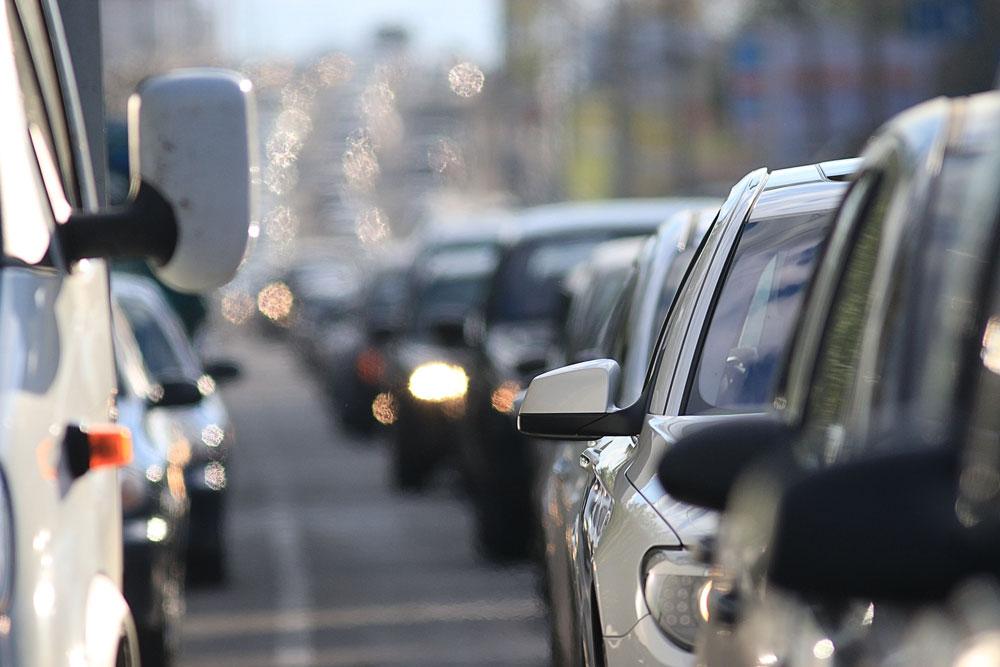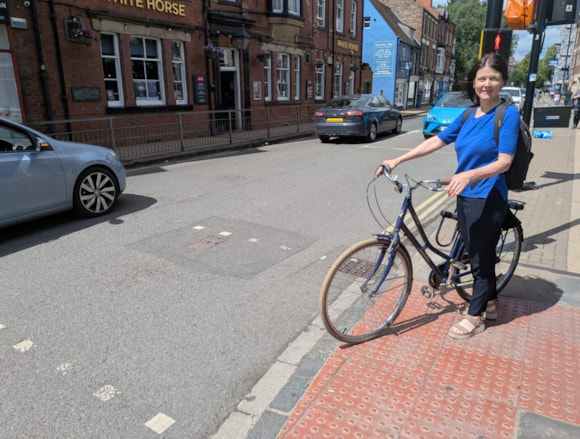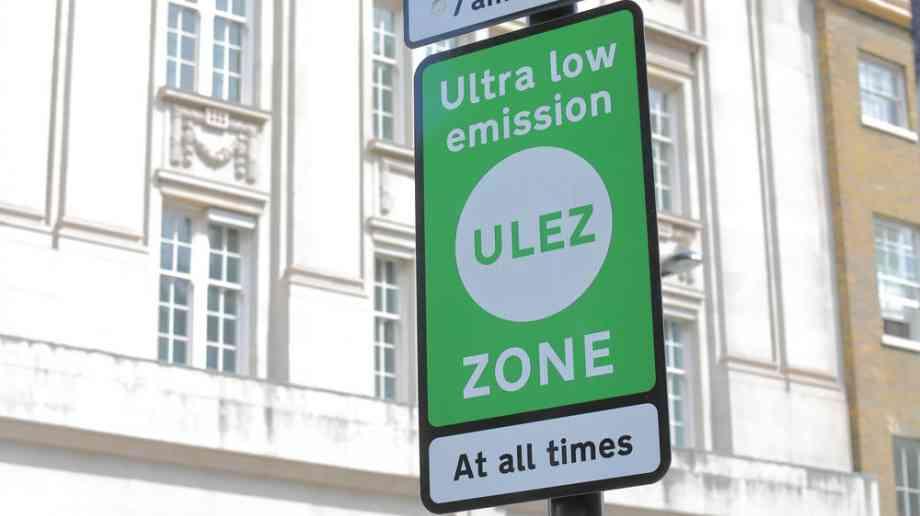A new report by think tank Green Alliance argues the case for Clean Air Zones, from a health and economic point of view.
The report suggests that the UK economy would save £1.6 billion annually by tackling air pollution, from a reduced number of premature deaths, fewer days off due to sickness and higher work productivity. It would also avoid up to 36,000 premature deaths annually.
It says that Clean air zones (CAZs), which charge the most polluting vehicles a fee to enter an area, are a fast route to cutting dangerous pollution and changing urban transport habits for the better long term.
While clean air zones are going ahead this year in Bristol, Birmingham and London, as well as the newly established zone in Bath, northern cities are lagging behind. Analysis by Green Alliance shows that clean air zones bring high value health, economic and environmental benefits to cities.
However Leeds has cancelled its planned zone during the pandemic while Sheffield, Liverpool, Manchester, Tyneside and many others are yet to finalise their plans, which have all been delayed until at least 2022.
This stalling will continue to harm local people’s health and lose the cities tens of millions of pounds, the report says. Greater Manchester would have seen annual health and environmental benefits amounting to £25 million this year if it had committed to its initial timeframe. Meanwhile, analysis by Birmingham shows that it expects to gain around £50 million in health and environmental savings in one year, from fewer hospital admissions, reduced emissions, higher productivity and fewer mortalities.
Furthermore, none of the proposals for northern cities include private vehicles, unlike the schemes for London, Bristol and Birmingham. Sixty per cent of roadside nitrogen oxides come from local road traffic and almost half of this is from cars, so extending the clean air zones to private vehicles is crucial to receive the increased health and environmental benefits. Modelling by Green Alliance analysis shows that Bristol’s clean air zone would result in £150 million worth of benefits, compared to just £30 million for plans that exclude cars.
Additional measures can be implemented to support clean air zones and promote a switch to cleaner transport alternatives. These are also expected to deliver significant economic benefits. For example, a workplace parking levy could deliver financial benefits that range from £37 million for Oldham to £72 million for Liverpool and £76 million for Salford, according to Green Alliance’s analysis.
The report highlights that success depends heavily on both effective communication, to explain the scheme and ease concerns, and supportive measures, like scrappage schemes and public transport discounts, to minimise any negative financial impacts on residents and businesses. And, while many northern cities may fear backlash from drivers and businesses, especially in the light of the pandemic’s financial impacts, evidence from across the world shows that, once in place, clean air zones are popular. Vienna’s scheme has unanimous support from its businesses and residents and, in Gothenburg, a survey of hauliers and suppliers operating within its low emission zone found that only 20 per cent rated it negatively.
The report also highlights that the government has failed to support the concept of clean air zones with a clear national message about why they are needed. It says the government should enshrine a commitment to the WHO air quality guidelines in its forthcoming Environment Bill and provide more financial backing for local areas to help them meet national targets.







